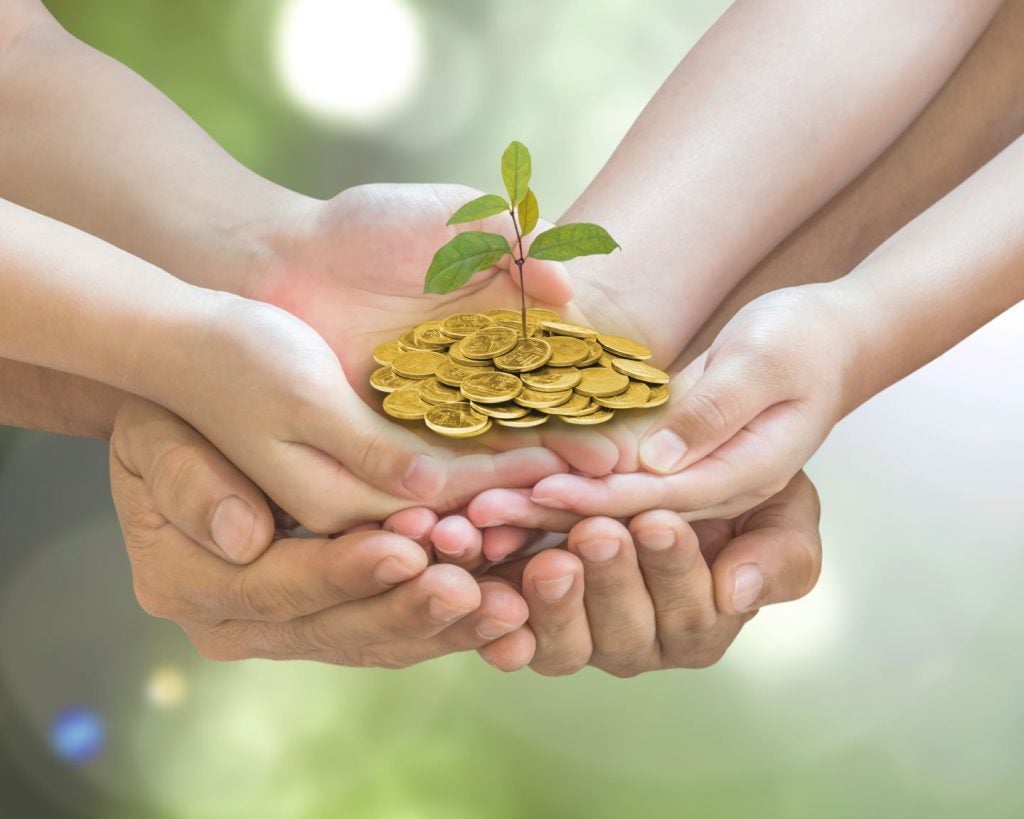Complete Controller has joined forces with Mercer, a Marsh McLennan subsidiary, to launch an insurance platform for gig workers in America.
The insurance platform, called PERKS, is developed by Mercer. It allows non-traditional workers to choose insurance cover ranging from health, life to disability, professional liability, and more.
Through PERKS, employers can also contribute to their workers’ accounts.
Citing the data provided by the US Department of Commerce, the firm said that the non-traditional workforce has grown exponentially since 2018 and is expected to continue its upwards course.
PERKS is aimed at offering gig workers control over their benefits selections and negotiating for employer participation.
Complete Controller founder and CEO Jennifer Brazer said: “Traditional employees qualify for insurance and retirement benefits under strict minimum hours guidelines and the benefits that are offered to one, must be offered to all.
“Under these programs, often non-traditional workers don’t qualify for benefits at all. Meanwhile, employers struggle to be competitive and meet the changing needs of their workforce. The old model doesn’t work in today’s environment.”
Earlier this month, Willis Towers Watson (WTW) and French insurtech Indeez announced a joint broking partnership aimed at gig workers in the Asia Pacific.
The insurtech works with digital platforms to develop insurance products for their independent workers in Europe.
In September this year, US-based financial services firm Buckle focused on rising middle class and gig economy raised $60m.







